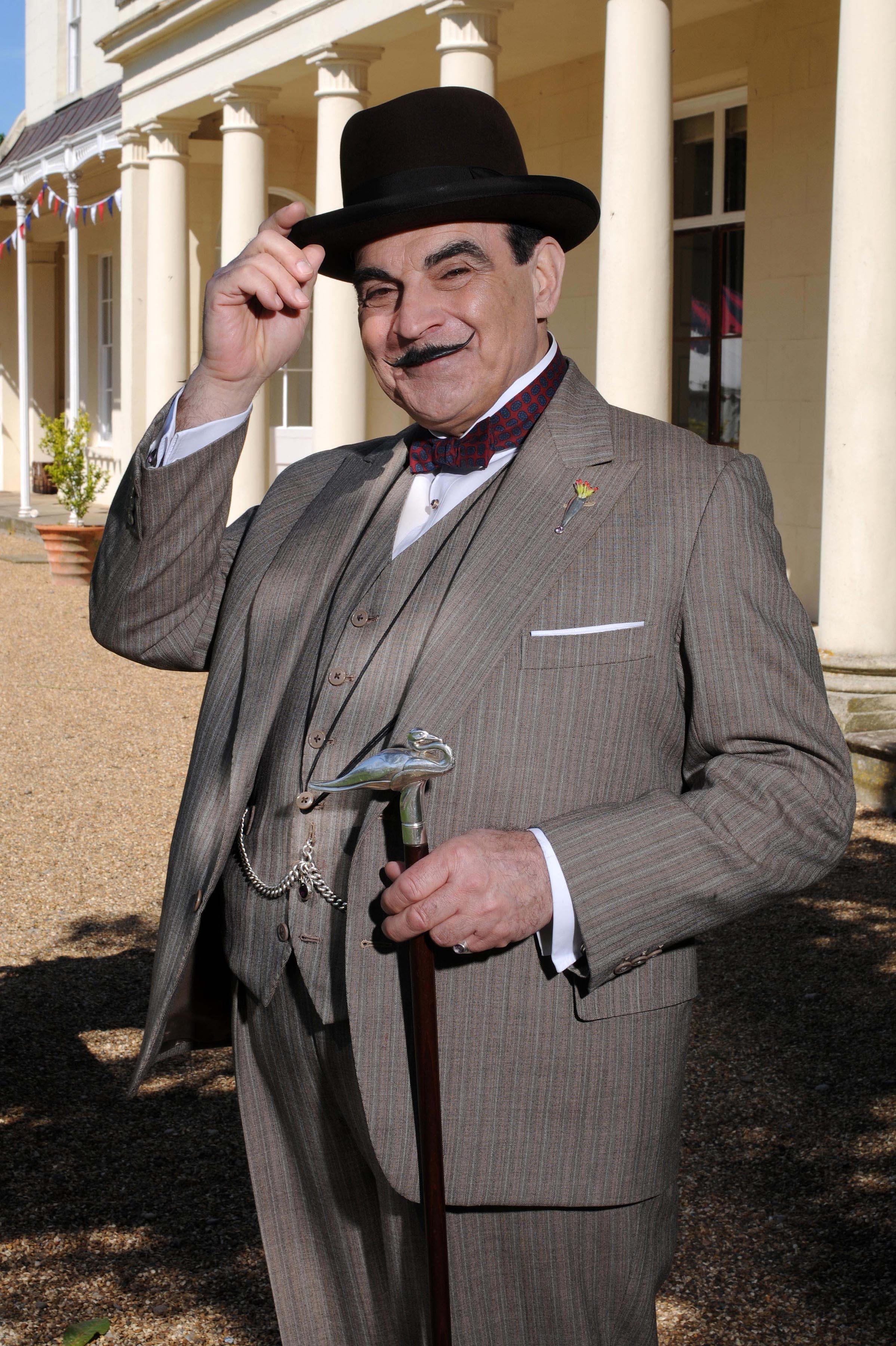
By 1918, the government had introduced ration books, which were used to ensure that everyone received their allotment of food and nothing more. In the first years of the war, rationing wasn’t enforced in England, but in early 1917 Germany started using submarine warfare to attack merchant ships arriving in England-a strategy aimed at diminishing England’s food sources in the hopes of making it difficult for the country to continue fighting. Indeed, even the people living at Styles Court, who are very wealthy, are concerned about contributing to the country’s war effort by rationing food. The characters are very aware of the war’s influence on their lives, especially since Hastings himself goes to Styles because he has been injured in battle and is on leave.

She died in Wallingford, England in 1976.Īlthough The Mysterious Affair at Styles is by no means a war novel, it takes place in England during the First World War. In recognition of her long and brilliant literary career, she was honored as Dame Commander of the Order of the British Empire in 1971.

She also wrote several more personal and conventional novels under the pseudonym Mary Westmacott. Christie wrote more than 60 detective novels-many featuring Poirot or Miss Marple, another recurring detective-and became the best-selling novelist of all time. After returning to England, Christie wrote continuously for the rest of her life, interrupted only by a stint assisting in the pharmacy of University College Hospital in London during World War II. The Middle East would become a setting for and influence on her mid-career novels. In 1930, she traveled to Istanbul where she met her second husband, the archaeologist Max Mallowan. The novel features the iconic detective Hercule Poirot, whom Christie based in part on Belgian soldiers she treated as a nurse in Torquay. She published her first novel, The Mysterious Affair at Styles, in 1920.

At the beginning of World War I, she married an army officer named Archibald Christie, but her husband’s infidelity eventually led to their divorce. She also displayed an early talent for writing and finished her first novel in 1911, though she was unable to find a publisher for it.

Educated both at home and at school in Paris, she grew into a voracious reader. Although her father died in 1901, she had a happy childhood. Agatha Christie was born into an upper-middle-class family in 1890.


 0 kommentar(er)
0 kommentar(er)
